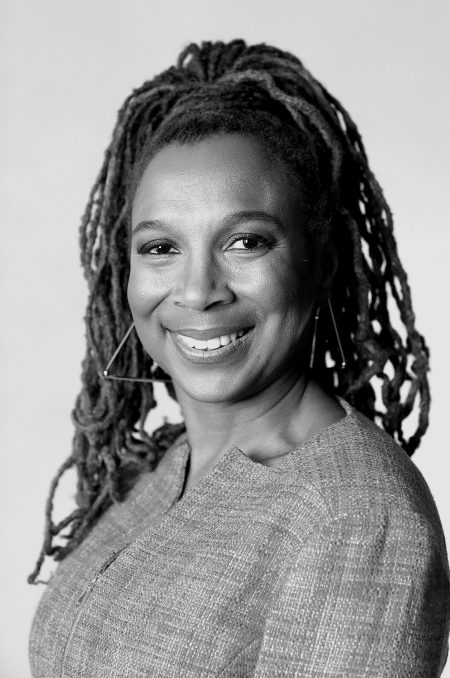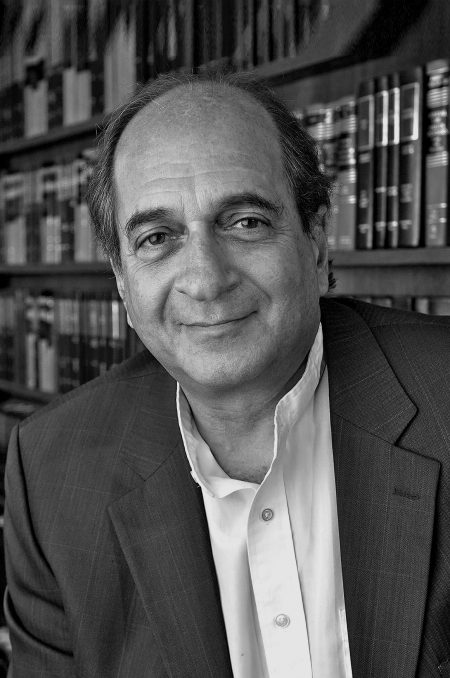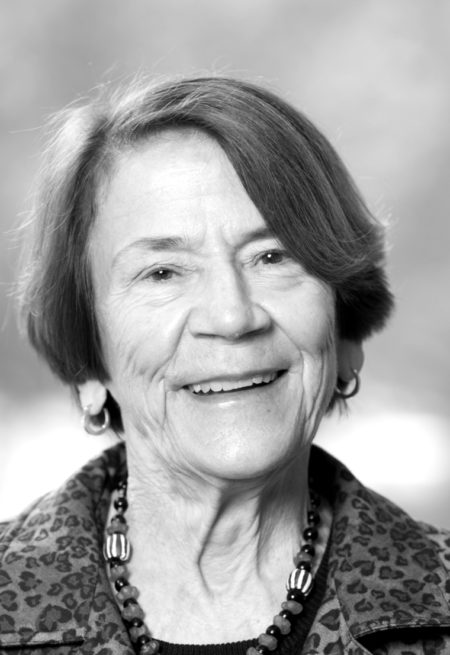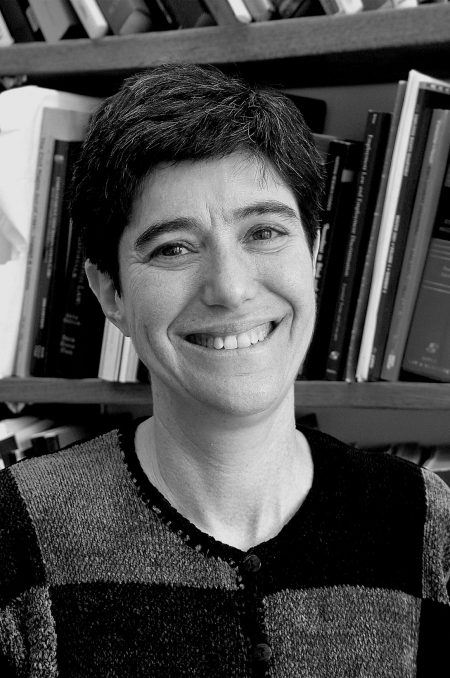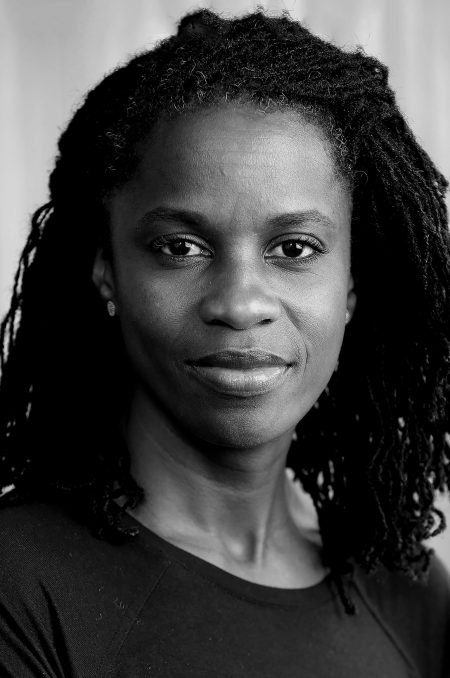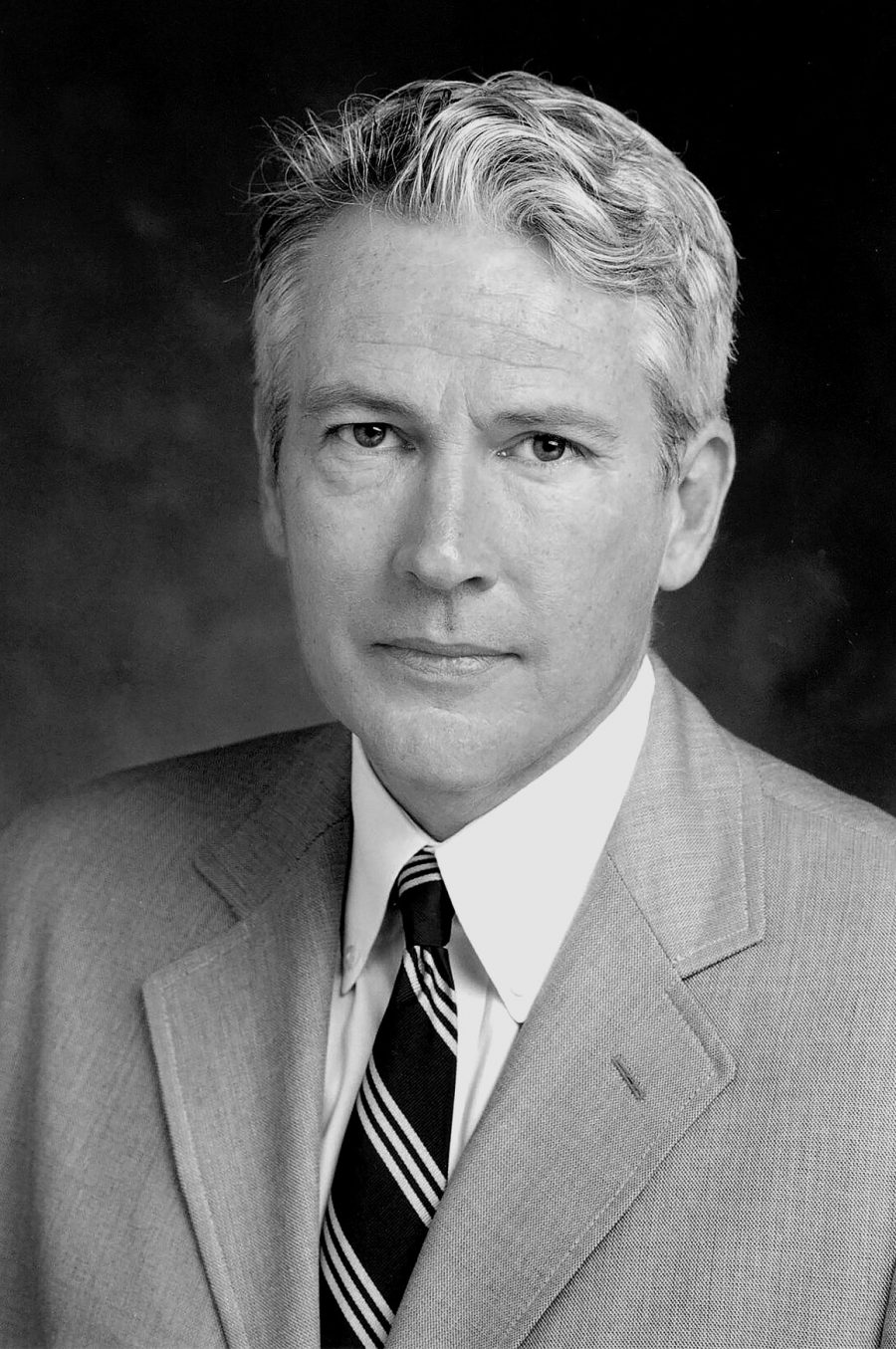One of the nation’s leading constitutional theorists, Philip Bobbitt’s expertise includes not only constitutional law but also international security and the history of strategy. He has served in all three branches of government, during seven administrations, including as associate counsel to the President, counselor on international law at the State Department, legal counsel to the Senate Iran-Contra Committee, senior director of the National Security Council, and most recently, as a member of the external advisory board of the Central Intelligence Agency.
Bobbitt, the Herbert Wechsler Professor of Federal Jurisprudence, co-chairs Columbia Law School’s National Security Law Program.
He is a prolific writer who has authored numerous essays and opinion pieces, as well as more than 10 books, most recently Impeachment: A Handbook, an update of the 1974 classic book by Charles Black that is considered the authoritative guide on the subject of presidential impeachment. With a preface and new material by Bobbitt, this new book is referenced often by journalists and lawmakers alike. His 2008 book, Terror and Consent: The Wars of the Twenty-First Century, was described by The New York Times as “the most profound book to have been written on the subject of American foreign policy since the attacks of 9/11—indeed, since the end of the cold war.”
Bobbitt is a member of the Council on Foreign Relations, the American Law Institute, a fellow of the American Academy of Arts and Sciences, and a fellow of the Royal Historical Society, to name a few.


